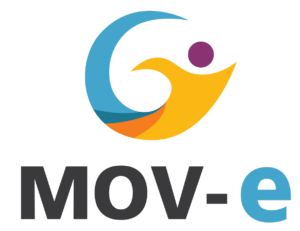Further resources
Now you can read about special programs dedicated to people with intellectual disabilities
Special Olympics Movement
The mission of Special Olympics is to provide people with intellectual disabilities aged at least eight years of age with a year-round cycle of training and sports competitions in a whole range of Olympic disciplines. The activities of Special Olympics focus on organizing training and sports competitions for people with intellectual disabilities. Through sport, athletes develop both physically and socially. They learn new skills, break their own barriers, become more courageous, open and confident. In addition to sport, initiatives are also created to change public awareness of the potential, skills and needs of people with intellectual disabilities.
The Special Olympics movement is:
- 225 National Programmes in 170 countries
- 5.3 million players
- 7 Continental Offices, Washington Headquarters
- more than 1 million family members
- over 500 thousand volunteers
- over 300,000 trainers
- over 20,000 competitions and sporting events per year
- 32 winter and summer sports.
Motor Activity Training Program (MATP)
This is the official rehabilitation and training program of Special Olympics. The MATP program is dedicated to people who cannot participate in official Special Olympics training and sports competitions due to physical disabilities coexisting with intellectual disability, preventing participation in the offered sports as part of Special Olympics or inability to understand and comply with the rules of competition and sports regulations of Special Olympics, e.g. due to a profound intellectual disability.
MATP refers to the sports disciplines practiced in Special Olympics. Examples of competitions in official Special Olympics competitions for people with the lowest fitness are: in athletics – e.g. ball throwing, long jump from the spot, walking with assistance 25 m; in swimming – 10 m with assistance.
The MATP program primarily emphasizes the benefits of systematic and consistent work of the therapist with the player. Unlike sports, there is no element of competition between participants and strict adherence to rules and regulations.
People with intellectual disabilities can also pursue their passions within such disciplines.


Leave a Reply
Want to join the discussion?Feel free to contribute!